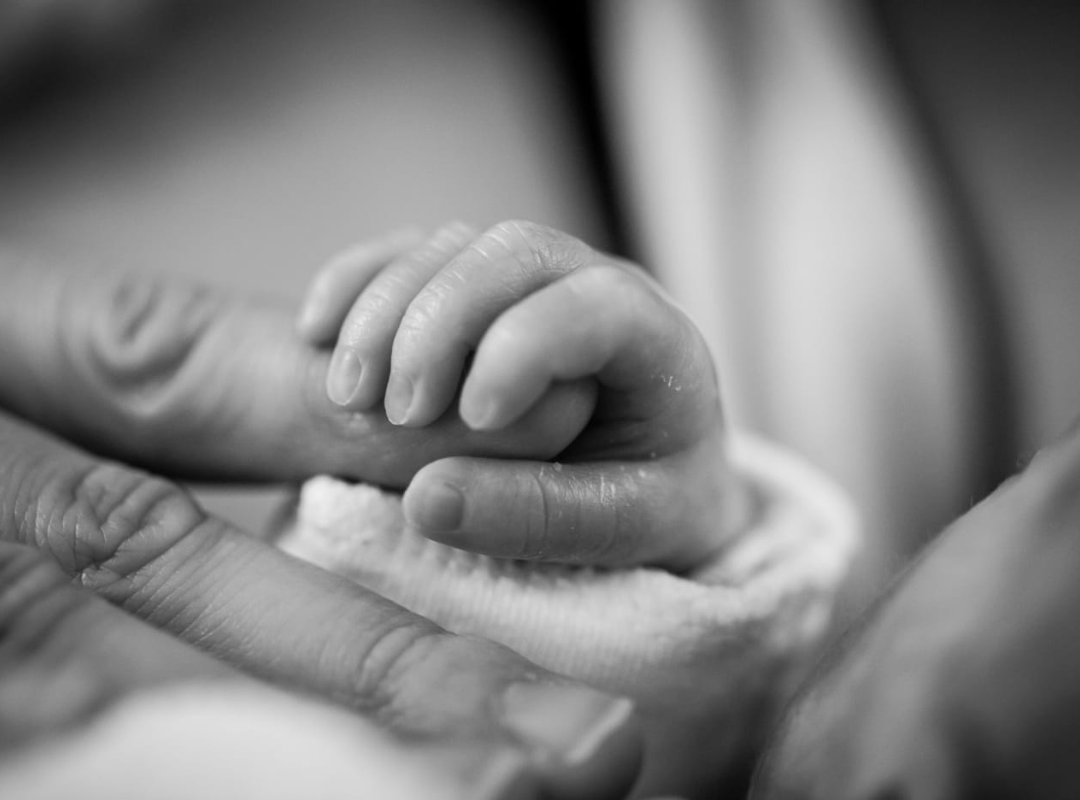Table of Contents
Becoming a mother is a life-changing experience that brings joy and challenges. It also requires a lot of physical and mental adjustments, especially in the first few months after delivery. Here are some tips from experts on how to practice self-love and take care of your well-being as a new mom.

Rest and Nutrition
Your body needs time to heal and recover from the pregnancy and childbirth. You may feel exhausted, sore, and hormonal. That’s why it’s important to rest as much as you can and get enough sleep. Don’t hesitate to ask for help from your partner, family, or friends for household chores, errands, or taking care of the baby. You can also nap when the baby naps or use a baby monitor to keep an eye on them while you rest.
Another essential aspect of your recovery is your diet. You need to eat healthy and balanced meals that provide you with enough calories, protein, iron, calcium, and other nutrients. If you are breastfeeding, you also need to drink plenty of water and fluids to stay hydrated and produce enough milk. Include foods like milk, eggs, cheese, yogurt, beans, lentils, nuts, seeds, fruits, and vegetables in your daily intake.

Mental Health
Having a baby can also affect your mood and emotions. You may feel happy, anxious, overwhelmed, or sad at different times. These are normal reactions to the changes in your life and hormones If your mood is low, you feel worthless, you don’t bond with your baby, or you have thoughts of harming yourself or your baby for more than a fortnight, you might be suffering from postpartum depression. This is a serious condition that affects many new moms and needs professional treatment.
Some signs of postpartum depression are:
- Not finding pleasure in things you liked before.
- Struggling to fall asleep or sleeping too much.
- Having trouble bonding with your baby or feeling like you are a bad mother
- Having thoughts of harming yourself or your baby
- Having panic attacks or severe anxiety
If you experience any of these symptoms, don’t suffer in silence. Talk to your doctor, partner, or someone you trust. You can also seek help from a therapist or a support group. There are effective ways to treat postpartum depression, such as medication, counseling, or lifestyle changes. You are not alone and you can get better.

Communication and Support
One of the best ways to cope with the challenges of motherhood is to communicate with your partner and share your feelings, needs, and expectations. You and your partner are a team and you need to support each other in this new phase of your life. Discuss how you will divide the responsibilities of caring for the baby and the household. Be flexible and willing to compromise. Don’t forget to spend some quality time together and keep the romance alive.
You can also benefit from the support of other people who understand what you are going through, such as your family, friends, or other new moms. You can join a local or online community of mothers and exchange tips, advice, or stories. You can also make new friends and arrange playdates for your babies. Having a social network can help you feel less isolated and more confident as a mom.

Postpartum Self-Care and Fun
Finally, don’t forget to take care of yourself and have some fun. Being a mom doesn’t mean you have to give up your hobbies, interests, or goals. You can still pursue your passions and dreams, even if you have to adjust your schedule or pace. Find some time for yourself every day and do something that makes you happy, relaxed, or energized. It can be anything from reading a book, listening to music, meditating, exercising, or pampering yourself.
You can also treat yourself to something special once in a while, such as a massage, a haircut, a new outfit, or a date night. You deserve it. Remember that you are not only a mom, but also a woman, a partner, a friend, and a person. By taking care of yourself, you are also taking care of your baby and your family. You have done a wonderful job and you should feel good about yourself.




2 Comments
Noa Richmond
Emory Chambers